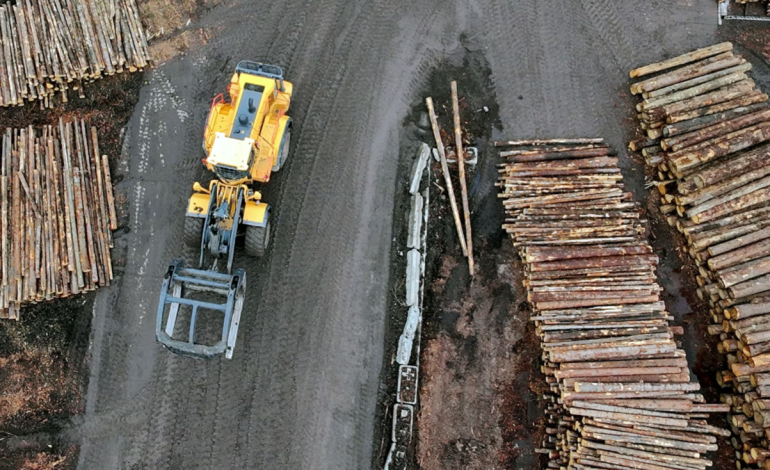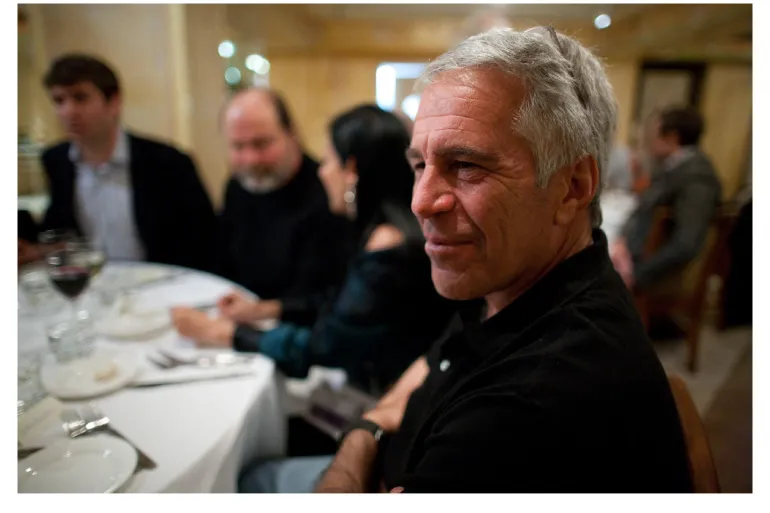Trump Proposes 35% Tariff on Canadian Imports, Hints at Broad Increases for Global Trade Partners

President Donald Trump announced late Thursday that the United States will impose a 35% tariff on Canadian imports beginning August 1, marking a significant escalation in trade tensions with one of the country’s largest economic partners.
The proposal comes as part of a broader plan to apply blanket tariffs of 15% to 20% on other major trading partners unless new agreements are reached.
In an interview with NBC News, Trump dismissed concerns that these tariffs could worsen inflation and emphasized his intention to rebalance trade relationships.
“We’re just going to say all of the remaining countries are going to pay, whether it’s 20% or 15%. We’ll work that out now,” he stated.
The tariff plan has prompted concern from Canadian officials. Prime Minister Mark Carney responded by reaffirming Canada’s commitment to defending its workers and businesses, while continuing trade negotiations ahead of a self-imposed July 21 deadline for a new bilateral agreement. Canada exports approximately $413 billion in goods to the US annually, and imports about $349 billion, making the two countries deeply interconnected economically.
Trump’s move was communicated through formal letters sent to over 20 nations this week, signaling tariff increases if trade deals are not reached by August 1. The president has tied the Canadian tariff decision to long-standing issues including Canada’s dairy tariffs, the digital services tax previously proposed by Canada, and what he described as insufficient efforts to curb the flow of fentanyl into the US Trump suggested the tariffs could be adjusted depending on the future of US-Canada relations.
“If Canada works with me to stop the flow of Fentanyl, we will, perhaps, consider an adjustment to this letter,” Trump said in the message posted to his social media platform, Truth Social.
According to US Customs and Border Protection data, only 0.2% of all fentanyl seized in fiscal year 2024 entered through the Canadian border, with the vast majority intercepted at the US-Mexico border. Canada, in response, has taken steps in recent months to address US concerns, including appointing a Fentanyl Czar and increasing border security funding.
Trump’s tariff proposal has introduced new uncertainty into North American trade, particularly for sectors heavily reliant on cross-border commerce such as automobiles, metals, and agriculture. Previous tariffs on Canadian steel, aluminum, and automotive parts — some of which remain in effect — have already triggered retaliatory tariffs from Ottawa on US goods.
Pierre Poilievre, leader of Canada’s Conservative opposition, called the latest proposal “another unjustified attack on Canada’s economy,” warning that the tariffs would hurt consumers and industries on both sides of the border.
It is not yet clear whether the proposed 35% tariff will apply to products covered under the Canada–United States–Mexico Agreement (CUSMA), the updated version of NAFTA negotiated during Trump’s first term.
Trump’s broader tariff strategy has affected global markets. On Friday, US and European stock futures dipped, while the dollar strengthened against both the euro and Canadian dollar. Analysts caution that the August 1 deadline may come too soon for meaningful trade progress across all the countries involved.
This latest trade salvo is part of a sweeping US trade policy shift initiated under Trump’s second term, including the recent announcement of a 50% global tariff on copper and expected tariffs on the European Union. Trump has also revived his argument that tariffs incentivize companies to shift production to the US, noting that goods manufactured domestically would not be subject to new duties.
While the administration argues the tariffs are necessary to protect American industries and address trade imbalances, economists and business leaders have expressed concern about potential impacts on inflation, supply chains, and consumer costs.








The latest news in your social feeds
Subscribe to our social media platforms to stay tuned